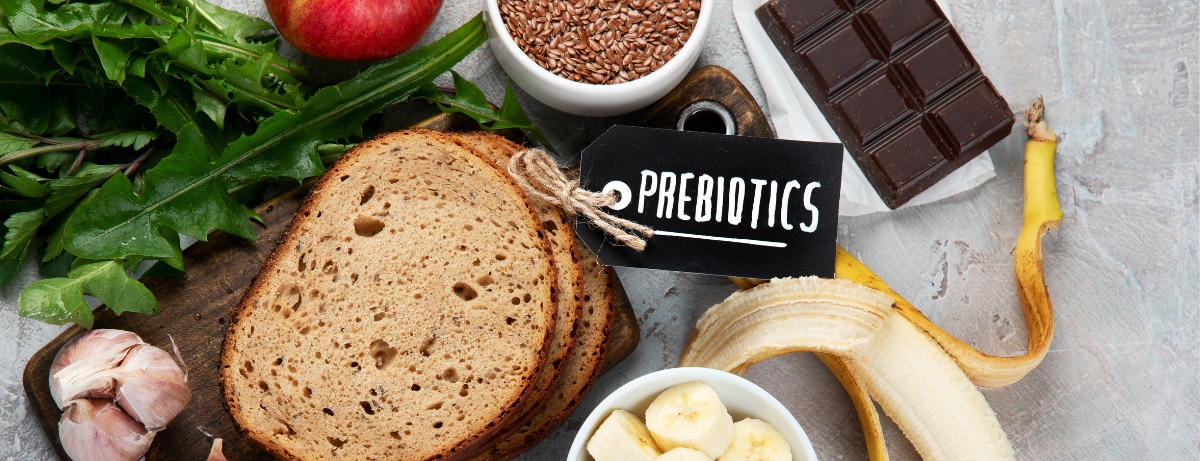Suffering from constipation? Here’s how regular activity can actually help keep you regular
Sluggish bowels? Constipation is a common digestive condition that affects people of all ages. Everyone’s bowel habits are different but you’re likely to be experiencing constipation if:
1
- you’ve been to the loo three times or less this week
- your stools feel larger than usual and difficult to push out
- your stools are hard, dry or lumpy
Some people also experience stomach ache or a feeling of fullness or bloating.
2
What causes constipation?
Most of us experience occasional bouts of constipation, while for some it’s a more chronic condition. It can be made worse by stress, anxiety or depression, and also certain medications.
3
It can be caused by a change in diet, such as not eating enough fibre, for example from fruit and vegetables, or not taking in enough fluids.
4
But lack of exercise is another important factor in making you more likely to have temporarily sluggish bowels.
5
Handpicked content: 8 essential oils for anxiety you should try
How does exercise prevent constipation?
Exercise raises your heart and breathing rate, which in turn stimulates the waves of muscle contractions that move stools through the gut – a process called peristalsis.
6,7
This helps the gut operate more efficiently, which means food spends a shorter time in the bowel. In turn, this means less water is absorbed back into the body via the small intestine – keeping the stools soft.
8
In a 2014 study published in World Journal of Gastroenterology, researchers asked inactive patients in a psychiatric hospital to exercise for 60 minutes three times a week for three months. The results found that for the exercising patients, food spent around 30 hours in the bowel, compared to 54 hours for the control group.
9
Handpicked content: Seven great ways to exercise without a gym membership
How much exercise do you need for a healthy gut?
The UK government advises 150 minutes of moderate aerobic exercise, like cycling, running or brisk walking, each week for adults. They also recommend strength-training – for example yoga, dance, gardening or lifting weights – on two or more days a week. Try to avoid long periods of sitting still, breaking it up with activity.
10,11
Handpicked content: Make your walk work harder!
Advice is for information only and should not replace medical care. Please check with your GP before trying any remedies.
Shop our
Vitamins and Supplements range
Sources
1. NHS Choices. Constipation. Available from: https://www.nhs.uk/conditions/constipation/
2. As above
3. Public Health England. Guidance: Constipation. Available from: https://www.gov.uk/government/publications/reasonable-adjustments-for-people-with-learning-disabilities/constipation
4. As Source 1
5. As Source 3
6. Canadian Society of Intestinal Research. Constipation Overview. Available from: https://www.badgut.org/information-centre/a-z-digestive-topics/constipation/
7. Kim YS, et al. Aerobic exercise improves gastrointestinal motility in psychiatric inpatients. Available from: https://www.ncbi.nlm.nih.gov/pmc/articles/PMC4130869/
8. As Source 6
9. Monda V, et al. Exercise Modifies the Gut Microbiota with Positive Health Effects. Available from: https://www.ncbi.nlm.nih.gov/pmc/articles/PMC5357536/
10. NHS Choices. Exercise: Physical activity guidelines for adults. Available from: https://www.nhs.uk/live-well/exercise/
11. NHS Choices. Exercise: How to improve your strength and flexibility. Available from: https://www.nhs.uk/live-well/exercise/how-to-improve-strength-flexibility/




